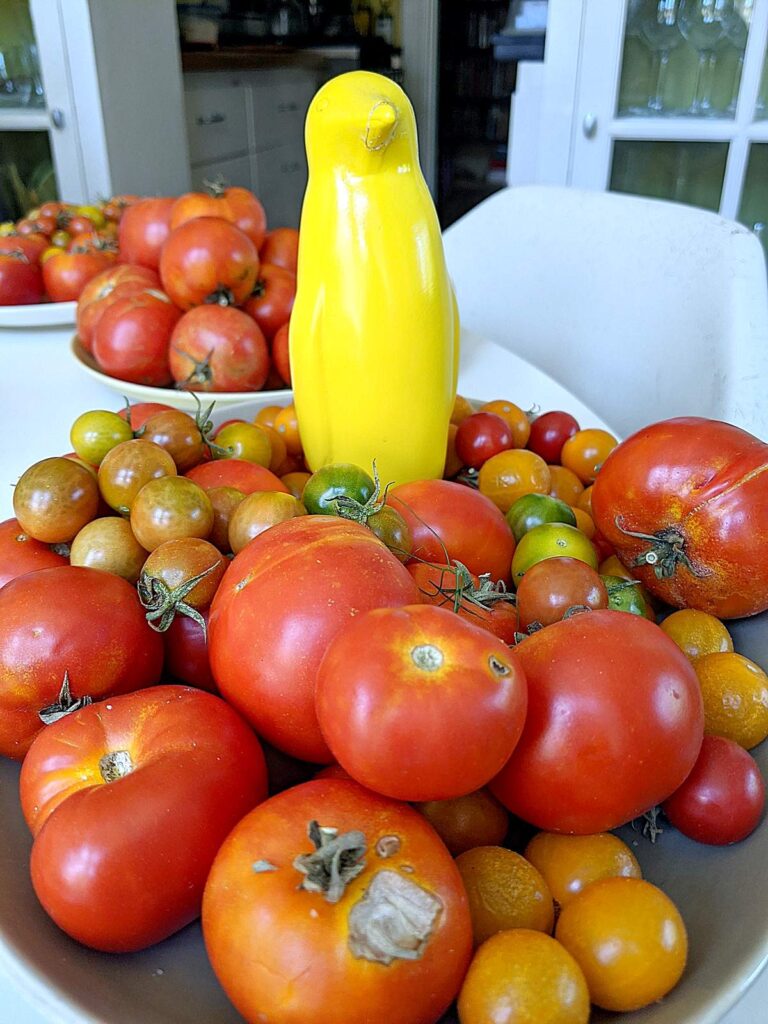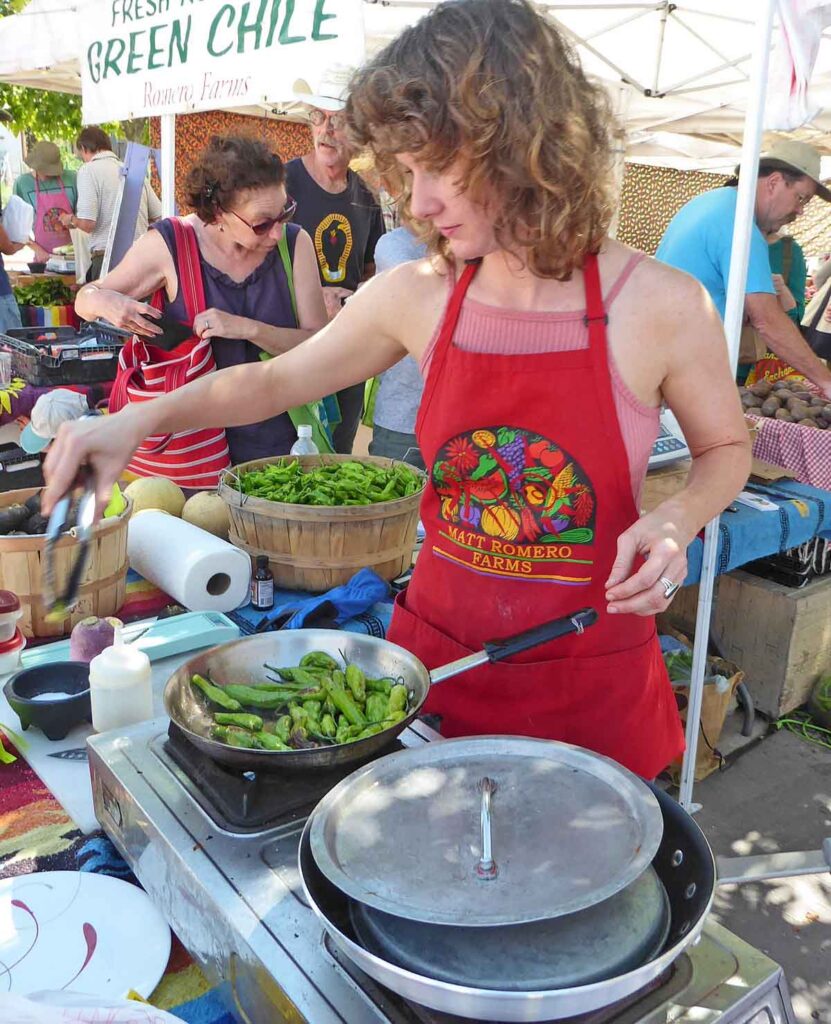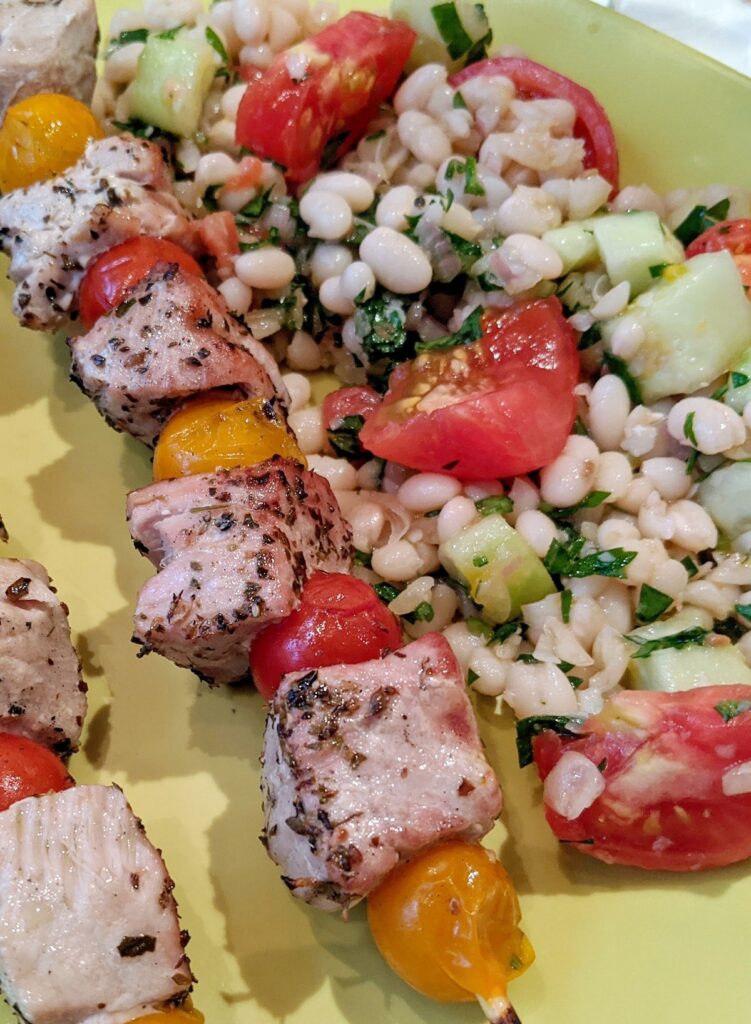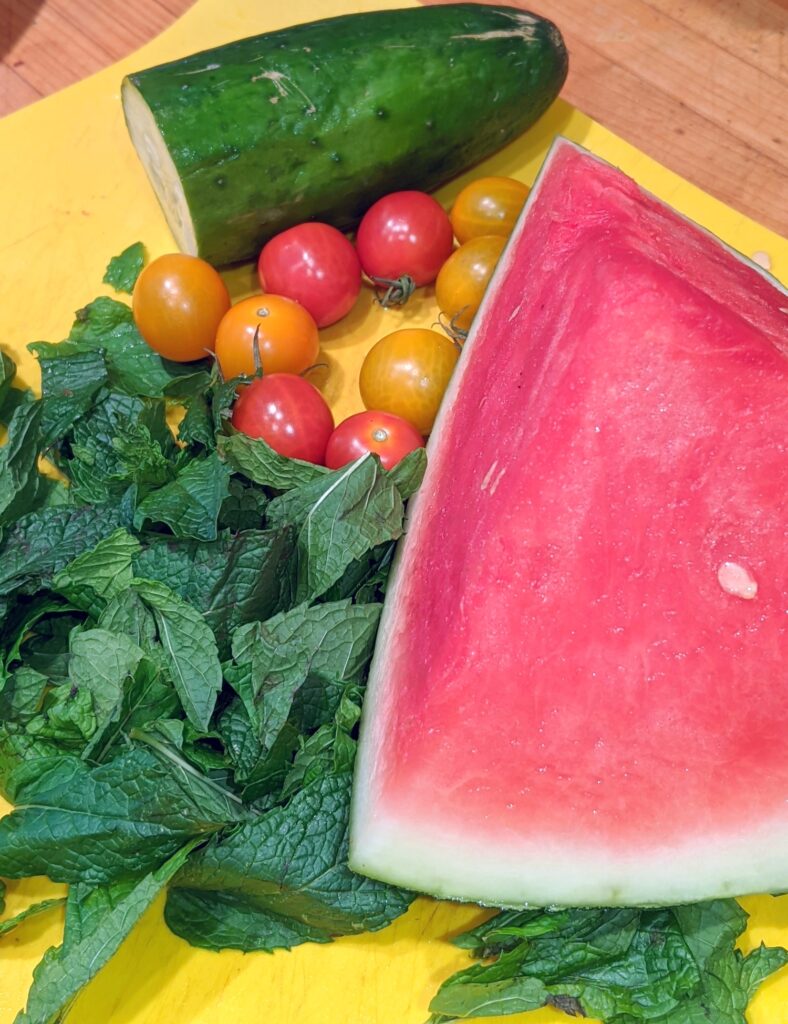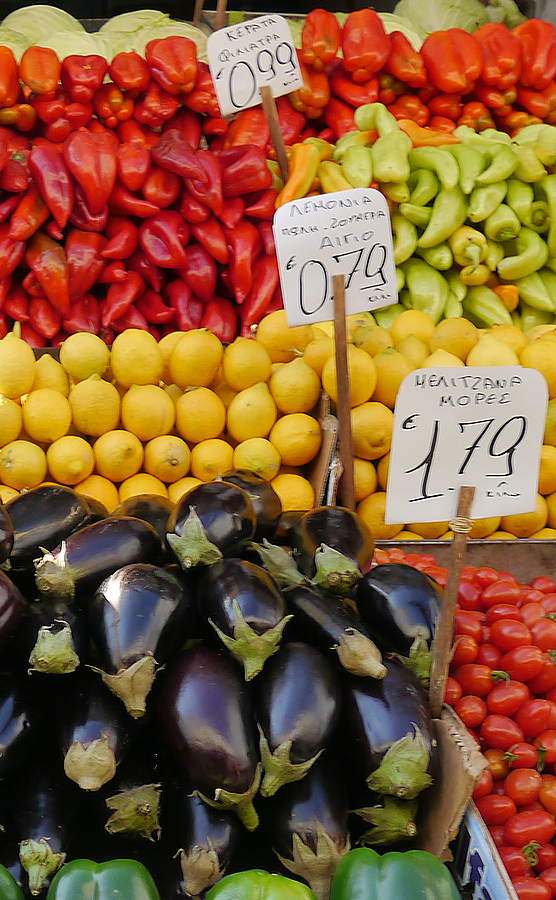
Chicken meat enriches classic Greek egg-lemon soup
The moment we saw eggs stacked up in the Athens Central Market—all sold individually by weight!—we had an immediate hankering for egg-lemon soup. It had been one of our lunchtime standards at home even before we ever got to visit Greece. David has fond memories of the soup because he once edited a small weekly paper housed upstairs from a diner run by Greek immigrants. As he and the production crew would fuss over page layouts (this was in the day of paste-ups of paper type laid down with hot wax), they would send downstairs for cartons of egg-lemon soup. Each came with its own rolled and lightly steamed round of pita bread. The key was not spilling any eggy soup on the layouts. By...Read More


